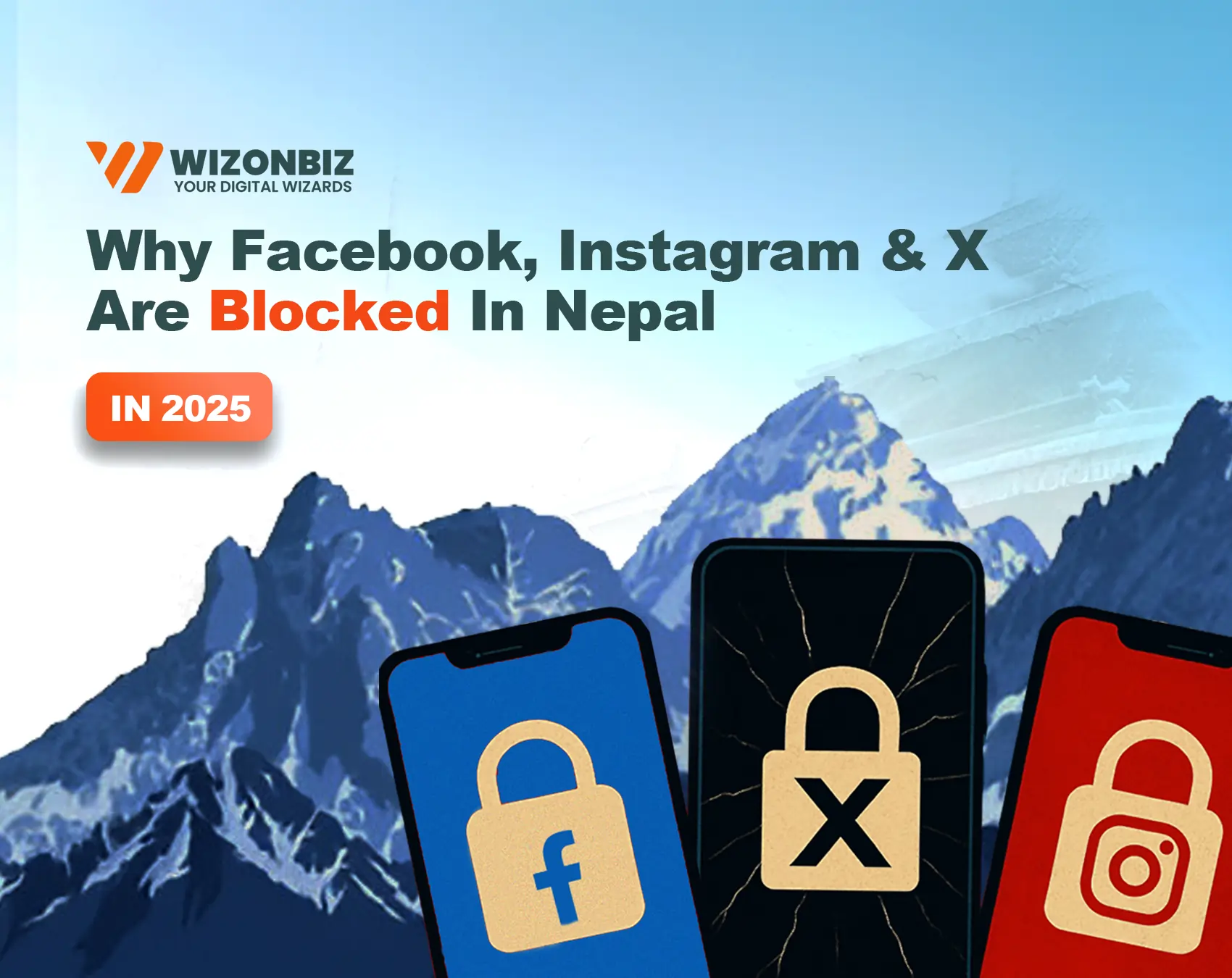

On September 4, 2025, the Government of Nepal made a historic decision by banning 26 major social media platforms that failed to comply with the country’s new Digital Nepal regulations.
This ban includes some of the world’s most popular platforms such as Instagram, WhatsApp, Threads, VK, Facebook, Discord, YouTube, Line, LinkedIn, Rumble, Snapchat, Quora, Messenger, Pinterest, Soul, IMO, Tumblr, Clubhouse, WeChat, Zalo, Mastodon, Reddit, Hamro Patro, and X (Twitter). T
he news has sent shockwaves across Nepal, affecting millions of users, students, businesses, and migrant workers who rely heavily on these platforms for communication, education, and income.
The government has laid out clear reasons for the ban:
In short, Nepal wants tech giants to follow national regulations instead of operating freely without oversight.
Following government orders, major Internet Service Providers (ISPs) in Nepal have already restricted access to the following platforms:
Social Media & Messaging Apps:
Video & Streaming Platforms:
This means that Nepali users cannot access these platforms without VPNs or proxy services. The enforcement by ISPs has been swift, and within hours of the announcement, users reported being unable to access these apps and websites across the country.
Not every platform is banned. Some apps remain active because they registered on time or are in the process of doing so.
Available Platforms in Nepal (2025):
For now, these platforms have become the primary alternatives for communication and entertainment in Nepal.
The government has introduced a strict set of digital rules that all platforms must follow to operate legally:
These rules are designed to give the government more control, ensure digital safety, and create accountability for global tech platforms.
The ban has triggered widespread effects across Nepalese society:
Platforms like YouTube and LinkedIn were essential for learning, networking, and finding jobs. Many Nepali students depended on them for online courses, tutorials, and remote opportunities.
Nepal has a large number of migrant workers in the Middle East, Malaysia, and other countries. Families usually connect through Messenger, WhatsApp, and IMO. The ban has caused emotional strain and disrupted communication for millions of people.
Small businesses and startups in Nepal relied heavily on Facebook and Instagram ads for marketing. With these platforms gone, they are struggling to reach customers, maintain sales, and grow online presence.
Digital marketing agencies are hit particularly hard because social media is the backbone of their operations. Most companies manage Facebook ads, Instagram campaigns, YouTube marketing, influencer collaborations, and LinkedIn networking.
Essentially, the ban affects the entire digital ecosystem, from marketers to small business owners relying on online engagement.
As expected, VPN usage has skyrocketed overnight. With social media banned in Nepal, knowing how to use VPN lets you safely access Facebook, Instagram, X, and Hamro Patro. A trusted VPN keeps your connection secure and bypasses restrictions.
This move has also opened opportunities for local Nepali social media apps. Platforms like Hamro Patro and newer startups could grow rapidly if global giants don’t return soon.
This decision has sparked a heated debate:
This clash highlights the tension between regulation and freedom in the digital age.
The government has stated that the ban is temporary. Platforms will be restored once they:
If tech giants like Facebook, YouTube, and WhatsApp cooperate, they may return quickly. Until then, users will need to depend on VPNs, TikTok, Viber, or local apps for communication.
Nepal’s decision to ban unregistered social media platforms marks a turning point in the country’s digital future. While the government insists it is about security and regulation, the ban has caused major disruptions for students, businesses, digital marketers, and migrant families.
The road ahead depends on dialogue between Nepal and global tech companies. If compliance happens soon, the situation may stabilize. If not, Nepal may see the rise of local apps and alternative platforms.
For now, the digital landscape in Nepal has changed forever.
All platforms must register with the government, appoint a local representative, and have a complaint-handling system before operating.
Yes. Businesses relying on Facebook and Instagram ads face huge losses, while students and job seekers lose access to LinkedIn and YouTube learning resources.
Yes. TikTok, Viber, and Telegram (for now) are still available. Local apps are also emerging as alternatives.
VPNs are not illegal, but using them to bypass government bans is a grey area and may pose security risks.
The ban is temporary. Once companies register and comply with Nepal’s laws, services are expected to be restored.